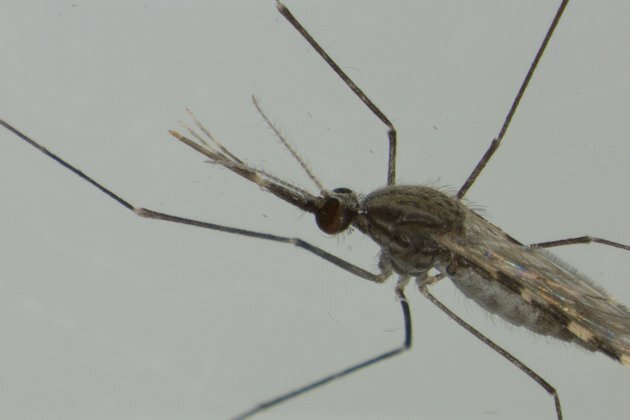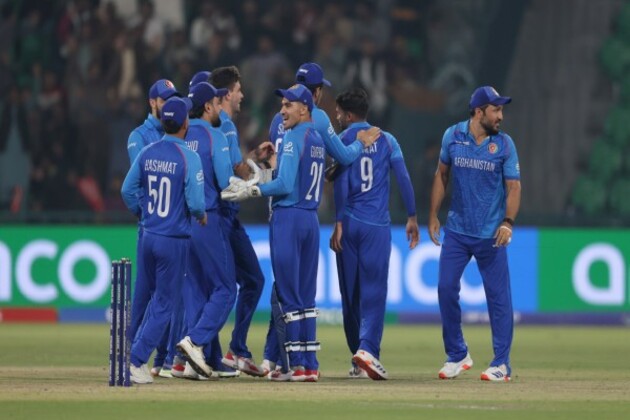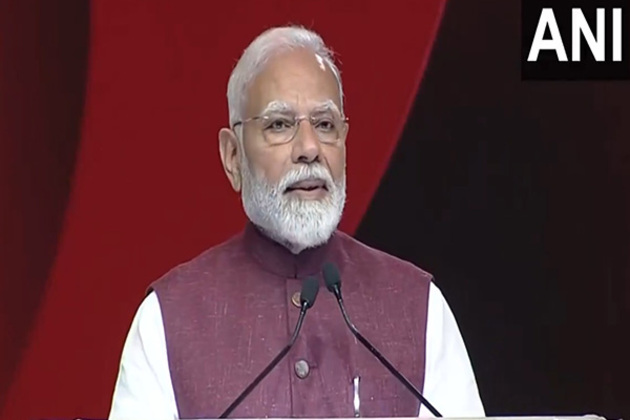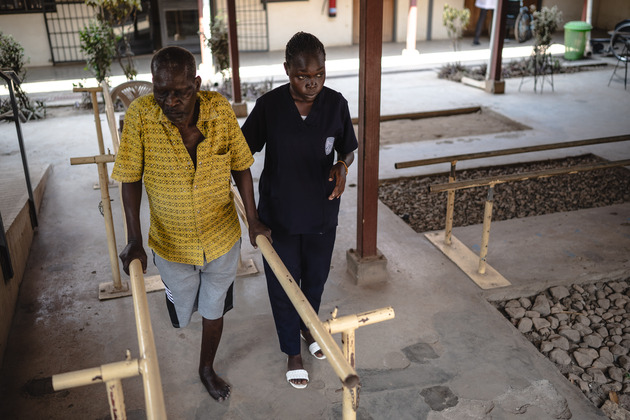Artificial light may become a new weapon in the fight to control malaria
The Conversation
25 May 2022, 19:10 GMT+10

The world has not yet won the war against malaria. While the total number of cases has declined from about 81.1 cases per 1,000 population to 59 per 1,000 since 2000, there were still an estimated 240 million cases and 600,000 deaths in 2020 globally.
Malaria remains a menace across Africa. The continent carries by far the world's largest disease burden: 94% of cases and 96% of deaths occur across the continent. Alarmingly, children aged five or younger account for 80% of these deaths.
There is no room for complacency. While vaccines look promising, there is still a steady rise of antimalarial drug resistance, especially in East Africa. The parasites are evolving mutations which allow them to escape routine diagnosis. The mosquitoes are also evolving increased resistance to insecticides.
Read more: Malaria elimination in southern Africa? Possibly, but these gaps need attention
This situation underscores the need for sharpening the multiple vector control options, and exploring new strategies.
My research explores one such potential strategy: the use of artificial lights to trick malaria-transmitting mosquito species that feed nocturnally into behaving as if it's daytime. This may deter feeding, helping to keep people safe from malaria-carrying mosquito bites.
New light
Light is a fundamental cue in nature. It regulates much of the timing of biological events, like when birds breed, lions hunt - and humans' sleep patterns. It is also an ancient cue. While species have been exposed to changes in climate cycles over the eons, the timing of day and night has remained relatively constant over evolutionary time, owing to the rotation of the earth. This means that all life on the planet has evolved with such regular day-night cycles. The gene for the melatonin hormone, which regulates sleep-awake cycles, is shared between widely different and old taxonomic groups, such as plants and animals.
However, these natural dark cycles are rapidly changing because people are increasingly using artificial light. Nearly 80% of the world's people now live under artificially lit skies.
So, what impact might such artificial light use have on malaria?
Altering mosquito biology
The Anopheles group of mosquitoes, which is responsible for all of Africa's malaria cases, is a nocturnal feeder. After mating, the females will seek out a blood meal. In doing so, they transfer the Plasmodium parasite which causes malaria. This is why bed nets are so effective when used correctly - they block bites when people are sleeping at night.
Read more: Curious Kids: What would happen if all the mosquitoes in the world disappeared?
Emerging research, including my own, argues how artificial light at night can change mosquitoes' behaviour.
This is because the artificial light used in homes can alter mosquito biology. For example, a short pulse of Light Emitting Diode (LED) light, commonly used lights in homes as "downlights" or reading lamps, can delay the onset of biting by hours in Anopheles, and so reduce biting rates and malaria transfer. The light essentially tricks the mosquitoes into not feeding.
These ideas are promising. But strategies to control vectors don't always work at a bigger scale, especially if those strategies are not properly applied. For instance, bed nets treated with mosquito repellents are sometimes used as fishing nets in parts of Africa. Demonstrating the effects of artificial light in controlled laboratory settings is one thing, but rolling out their use as an effective vector control strategy is quite another.
Even if governments could easily get LED lights into many homes to guard against malaria-carrying mosquitoes, there might be unintended consequences for human health. A burgeoning body of research is examining the effects of artificial light on human health. Early indications are that it can have negative impacts like disrupted sleep.
A growing body of research
Overall, it is not yet clear how artificial lights might be used to lessen the risk of malaria infections. But the growing body of work on this issue suggests that it's a concept which needs more attention from the World Health Organization and other groups.
Once the impacts of artificial light use are more fully understood, developmental planners across Africa might be able to ensure that lights of the correct kinds, used in optimal places and times, become part of the continent's efforts to control malaria.
Author: Bernard Coetzee - Senior lecturer, University of Pretoria 
 Share
Share
 Tweet
Tweet
 Share
Share
 Flip
Flip
 Email
Email
Watch latest videos
Subscribe and Follow
Get a daily dose of Madagascar Sun news through our daily email, its complimentary and keeps you fully up to date with world and business news as well.
News RELEASES
Publish news of your business, community or sports group, personnel appointments, major event and more by submitting a news release to Madagascar Sun.
More InformationAfrica
SectionDale Steyn backs Afghanistan to win ICC tournament in next decade
New Delhi [India], March 1 (ANI): Afghanistan's steady rise in international cricket has caught the attention of cricketing greats,...
"No need to manufacture news, world wants to know India": PM Modi at NXT Conclave 2025
New Delhi [India], March 1 (ANI): Prime Minister Narendra Modi on Saturday highlighted India's capability to efficiently organize large-scale...
Xinhua Photo Daily | March 1, 2025
BEIJING, March 1 (Xinhua) -- A selection of the best press photos from Xinhua. A drone photo taken on Feb. 27, 2025 shows the construction...
SOUTH SUDAN-JUBA-PHYSICAL REHABILITATION CENTER
(250301) -- JUBA, March 1, 2025 (Xinhua) -- A nurse from the International Committee of the Red Cross (ICRC) South Sudan delegation...
Indian Coast Guard Ship 'Sachet' departs for Sudan with over 2 tons of life-saving medicines
New Delhi [India], March 1 (ANI): The Indian Coast Guard Ship Sachet departed for Sudan on Friday, carrying over two tons of life-saving...
US tariff hike on vehicle imports could impact Nigeria's auto market
ABUJA, NIGERIA — For longtime automotive importer David Tope, Nigeria's auto market has become increasingly difficult. He used to...
International
SectionThree US female tourists found dead at Belize beach resort
MEXICO CITY, Mexico: Three American women were found dead over the weekend at a beach resort in Belize, police said. Officials are...
China launches live-fire drills after Vietnam's territorial claim
BANGKOK, Thailand: Chinese authorities said they started live-fire military exercises in the Gulf of Tonkin this week, just days after...
French warships join Philippines for South China Sea Drills
ABOARD THE CHARLES DE GAULLE, Philippines: France's nuclear-powered aircraft carrier and its warships arrived in the Philippines over...
Fresno State suspends two players, removes one amid gambling probe
FRESNO, California: Fresno State suspended two of its top men's basketball players last weekend and removed a third player from the...
Poland to continue covering Ukraine’s Starlink costs, says deputy PM
WARSAW, Poland: Deputy Prime Minister Krzysztof Gawkowski confirmed over the weekend that Poland has been covering the cost of Ukraine's...
Opinion - Israel's government exploited hostages
Israel sustained the West's support for its slaughter in Gaza for 15 months only through an intensive campaign of lies. It invented...













